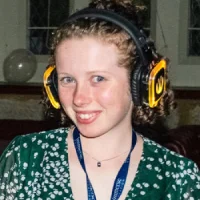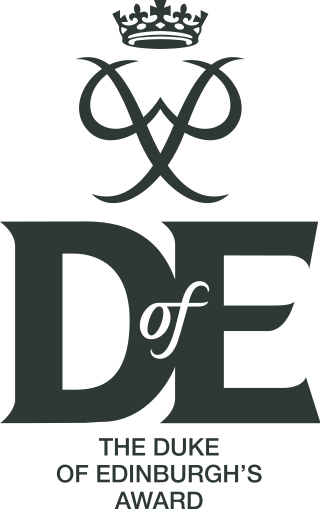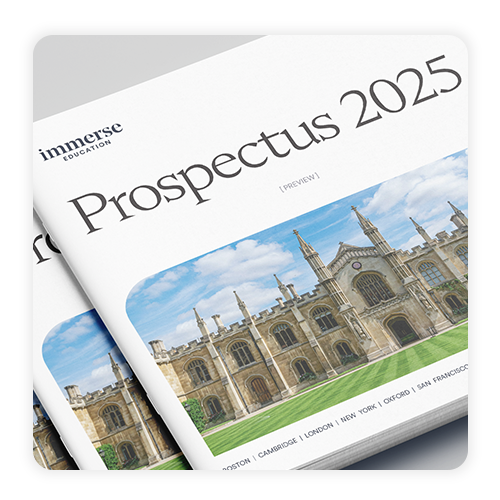Our programmes provide a unique insight into what it’s like to study a subject at university level. Each subject follows a specifically designed syllabus that combines theoretical knowledge with practical application.
Our options for ages 13 to 15 are designed to ignite students’ interest, and help them better understand which subjects to pursue at a higher level. Our programmes for 16 to 18 year olds provide a unique insight into what it’s like to study a subject at university level.
Our programmes provide a unique insight into what it’s like to study a subject at university level. Each subject follows a specifically designed syllabus that combines theoretical knowledge with practical application.


Our online programmes provide a virtual learning experience offering exceptional opportunities for academic enrichment to engaged students around the world.
Our programmes provide a unique insight into what it’s like to study a subject at university level. Each subject follows a specifically designed syllabus that combines theoretical knowledge with practical application.


Our options for ages 13 to 15 are designed to ignite students’ interest, and help them better understand which subjects to pursue at a higher level. Our programmes for 16 to 18 year olds provide a unique insight into what it’s like to study a subject at university level.
Explore essential resources for students navigating university preparation, from crafting standout personal statements to excelling in university interviews.
View AllResources exploring key skills, industry insights, and study routes to help you make informed decisions about your future.
View AllExpert insights on communication, leadership, adaptability, and emotional intelligence
View AllExpert subject guides, study strategies, and exam tips to boost GCSE success.
View AllIn-depth insights on sciences and humanities to essential study strategies and exam techniques.
View AllExpert insights, subject guides, and study techniques tailored to the IB curriculum.
View AllExpert advice on destinations, subject choices, and application tips to help you discover study abroad opportunities across the world.
View AllResources that challenge and inspire, going beyond the syllabus with expert insights into advanced subjects.
View AllFree literature and study guide downloads, including our recommended reading lists for university applications.
View AllInsights to help you thrive at university, from advice on managing your studies to tips on making the most of cultural experiences.
View AllParent resources designed to guide you through the complex world of university and college preparation.
View AllEssential resources for forward-thinking educators, from innovative teaching techniques and emerging trends to EdTech insights and career guidance.
View AllExplore academic competitions that spark curiosity, build confidence, and help you stand out.
View All








